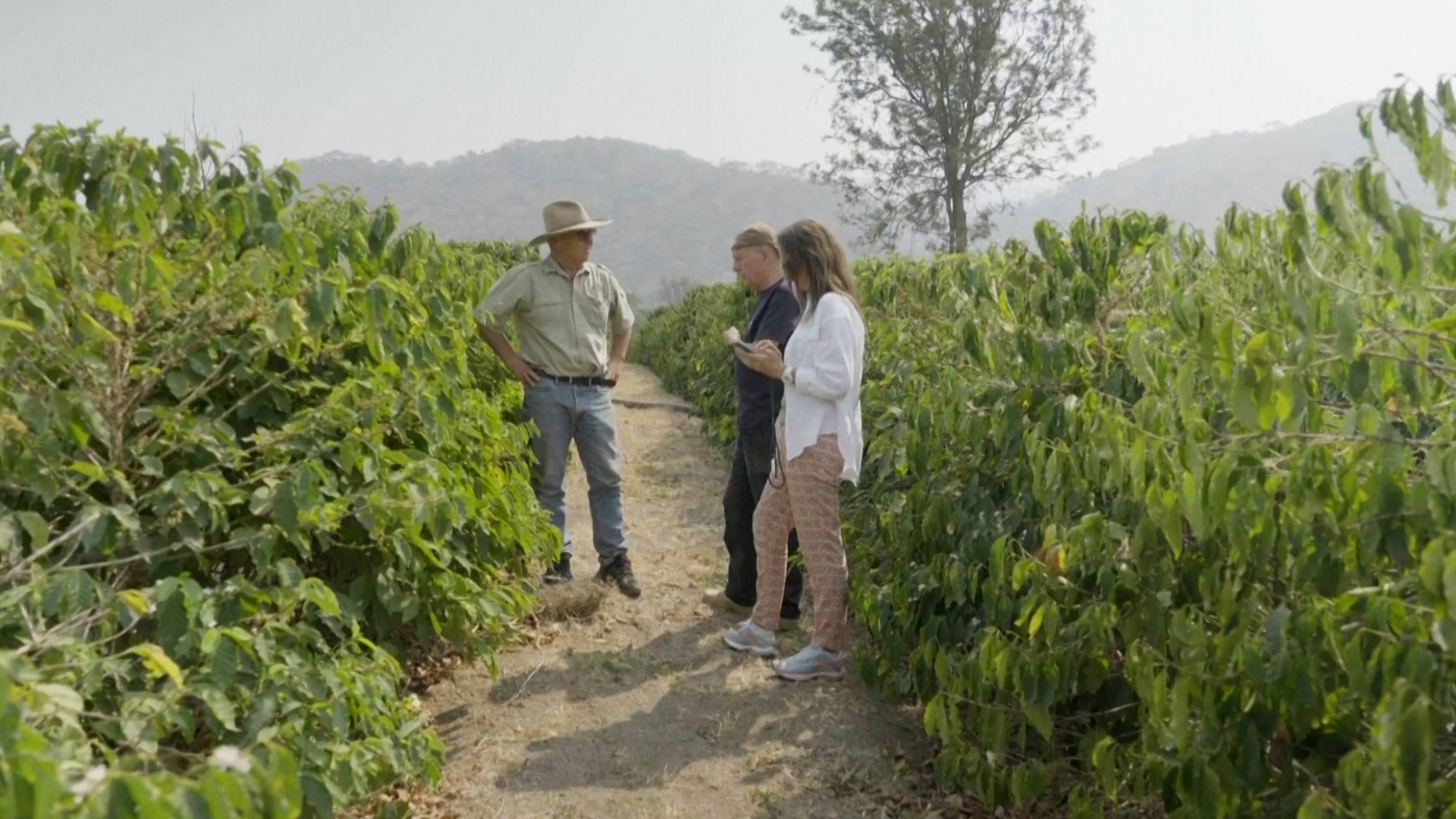What do Africans think is the biggest threat facing their continent?


Get involved with our crowdsourced digital platform to deliver impact at scale
Stay up to date:
Future of the Environment
Almost 60% of Africans believe that climate change is the single-most important threat facing the continent. They place this issue above fears about the economy or terrorism, according to a new survey from the Pew Research Center.
Analysts say the impact, which is already being felt across the continent, will be particularly severe in parts of Africa due to “limited adaptive capacity, exacerbated by widespread poverty and the existing low levels of development.”
This article is published in collaboration with Quartz. Publication does not imply endorsement of views by the World Economic Forum.
To keep up with the Agenda subscribe to our weekly newsletter.
Author: Omar Mohammed is a reporter for Quartz covering East Africa based in Tanzania’s commercial capital, Dar es Salaam.
Image: A woman fetches drinking water from a well along a dry Chemumvuri river near Gokwe, Zimbabwe. REUTERS/Philimon Bulawayo
Don't miss any update on this topic
Create a free account and access your personalized content collection with our latest publications and analyses.
License and Republishing
World Economic Forum articles may be republished in accordance with the Creative Commons Attribution-NonCommercial-NoDerivatives 4.0 International Public License, and in accordance with our Terms of Use.
The views expressed in this article are those of the author alone and not the World Economic Forum.
Related topics:
The Agenda Weekly
A weekly update of the most important issues driving the global agenda
You can unsubscribe at any time using the link in our emails. For more details, review our privacy policy.
More on Nature and BiodiversitySee all
Lena McKnight and Stefan Fahrni
May 2, 2024
Cristen Hemingway Jaynes
April 30, 2024
Robin Pomeroy and Linda Lacina
April 29, 2024
Greg Goodwin and John Stackhouse
April 29, 2024
Diego Vincenzi
April 29, 2024








